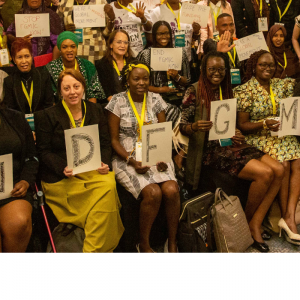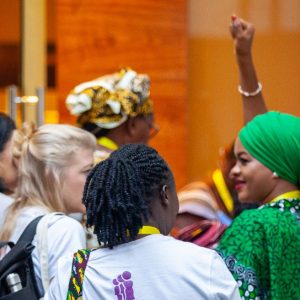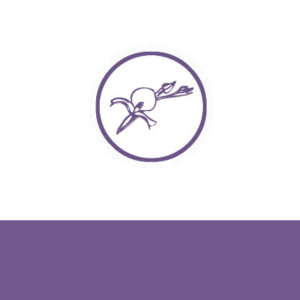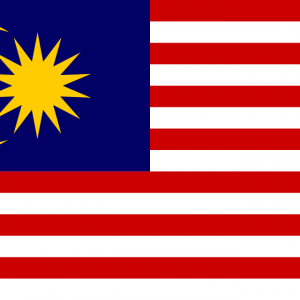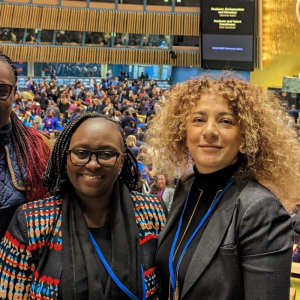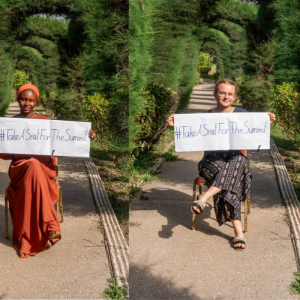Azmari’s are one of Ethiopia’s most famous representation of authentic culture. These traditional musicians are known for their extemporised verses influenced by everyday social and cultural norms. Masingo, a traditional Ethiopian instrument, provides the beat for their rhythmic song. In the north of the country you are guaranteed to find these artists performing in a local bar, no doubt overflowing with audiences eager to hear the verses to which they can relate.
On one occasion, I decided to indulge in the local community’s culture after a long day’s work and so headed to the nearest Azmari house. Within minutes of entering, the Azmari who was mid-performance started to approach me, walking up to me deep in song. I felt as though he was singing to me. Intrigued by his talent and excited to hear more I started to feel the music, losing myself in the melody. Suddenly I was shocked by a line from his lyrics,
“you beautiful light skinned girl
how beautiful you are
how I would have loved to get
the opportunity to rape (u)”
I immediately fled the venue in disarray, angered that this was his depiction of Ethiopian culture. I found myself questioning his motives – if he was using words such as ‘rape’ so fluidly what did this mean for society?
What I found most concerning was the audience’s acceptance of his lyrics – they spurred him on, cheering in admiration which I felt worked to normalise his message.
I reflected upon my days’ work, considering the voices of the women that I had interviewed in the local community. I recalled accounts from two young girls Meaza* and Kokeb* who at the young age of 15 live and work in the city, in attempt to escape the threat of early marriage that looms back in their home town. They told me that after completing primary school their families admitted that they were unable to continue funding their education. Determined to finish secondary school and enrol in college both girls now work as housemaids by day and go to school by night.
However accessing education comes at an unexpected cost. Every evening, these girls have to wait for a trusted male to accompany them on their journey to school and back. If they dare to walk alone at night they will most likely experience street harassment in the form of verbal and physical abuse, including fear of rape. Such violations translate as gender based violence (GBV), a harmful assault that is felt daily by these girls to the point that it is becoming both internalised and normalised. Their options are limited, but they are committed to continuing their education despite their vulnerability to GBV.
There are a number of laws in Ethiopia that protect women from gender based violence, including Government revised family (2000) and criminal laws (2005) to protect women’s rights and promote gender equality, and the National Strategy and Action Plan on Harmful Traditional Practices Against Women and Children (2013). Despite active preventative legislation it is estimated that 49% of Ethiopian women continue to experience physical violence.
The perpetuation of these atrocities can be attributed to the acceptance of GBV in society as social ‘norms’. Such ideals are not solely maintained by men, they are shared by women too. The 2011 Ethiopia Demographic Health Survey revealed that 2 out of 3 Ethiopian women believe that wife beating is justified under specific circumstances. If we widen the lens and look at Ethiopia as a whole, it is evident that many forms of GBV are prevalent throughout the country, specifically traditional harmful practices such as early marriage, marriage by abduction and female genital cutting (FGC). Girls Not Brides estimate 2 in 5 girls marry before the age of 18 and more than 1 in 5 marry before they are 15 years old despite the law stipulating age of marriage to be 18 years or above. The Amhara region in Ethiopia, is thought to have the highest rates of child marriage where almost 45% of girls are married before they reach 18 years old.
Data also supports high prevalence of FGC, over 74% of girls aged 15 to 49 are expected to have undergone FGC in Ethiopia. Earlier this year Unicef announced that of 200 million girls and women affected by FGC worldwide, Ethiopia together with Egypt and Indonesia accounted for over half of those.
These staggering statistics cement the idea that current social norms held towards girls and woman perpetuate violence. Crimes committed against women and girls become normalised and accepted by the majority of society because of deeply entrenched attitudes and beliefs and unequal gender perspectives. When society tolerates and accepts such violence, it is extremely hard to counteract.
Take a second to think back to the Azmari who performed lyrics encouraging abuse – he is most likely unaware of the consequences of his actions – that promoting ‘rape’ through traditional song perpetuates this practice and gender based violence more widely. But we must shed light on the dangers of these comments by educating everyone on the long term effects, not only those felt by women and girls but the community at large. Legislation alone will not change the situation – we have to act.
I am an Ethiopian girl. I was raised in the city therefore was aware of and able to reach certain opportunities that would better my future, such options are not so easily accessible in rural parts. Despite this, throughout my childhood and beyond, I’ve always experienced a clear gender role within both my family dynamic and wider community. Over the years I’ve witnessed many fall victim to forced/early marriage and FGC, motivating me to help stop such forms of gender based violence in a personal and professional capacity. Gender equality is a way of life, an ethos that I live by – let’s work together to achieve it.
Hirut Gebretsadik currently works for Girl Effect Ethiopia as a Brand strategist for Yegna, which works on reframing adolescent girls as an essential part of the society using entertainment platforms to spark conversation so that girls are more visible, valued and connected to each other and to those around them. Find out more about Yegna and see their impact.
*Names are pseudonym names to protect identities of girls interviewed

